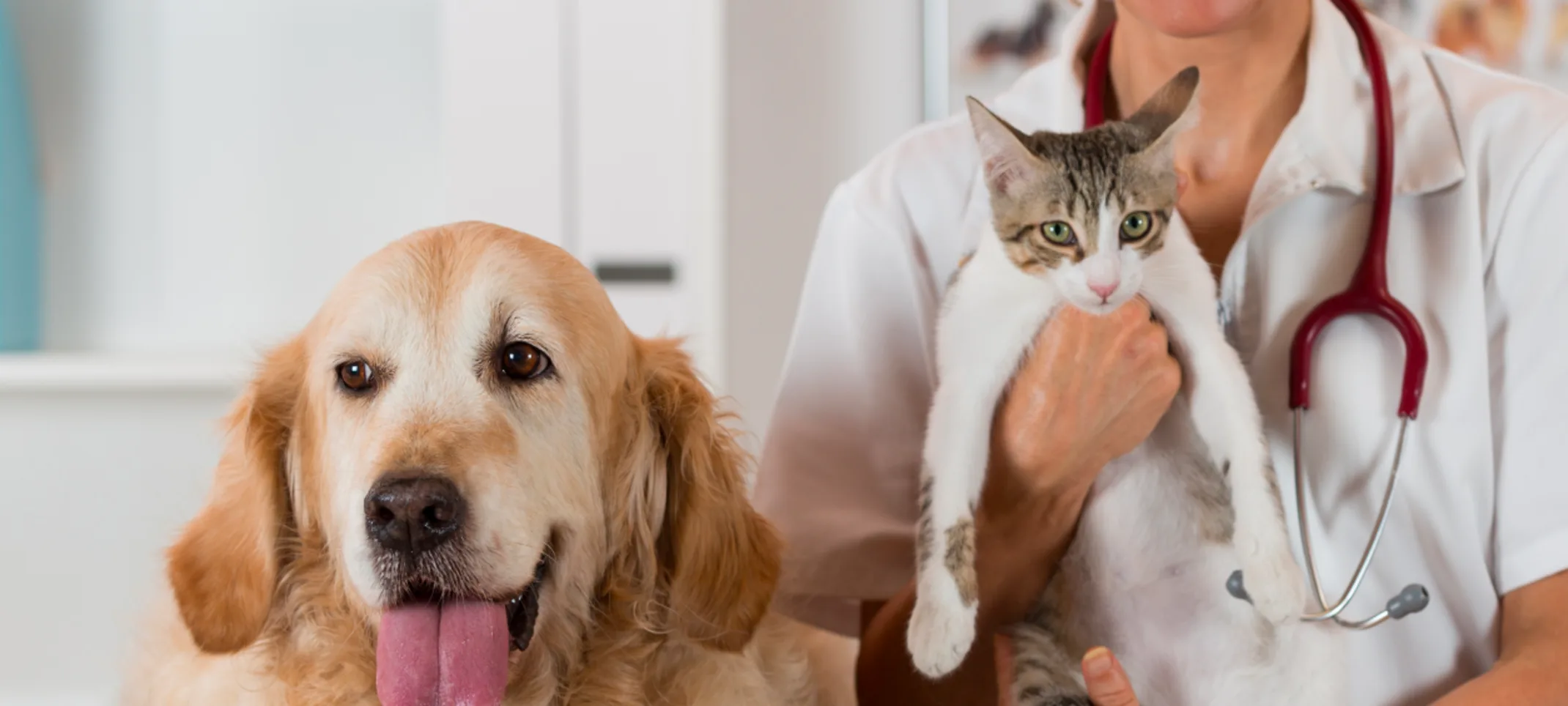Kennel Care Veterinary Hospital
Senior Pet Care
When dogs and cats reach about 9 to 10 years of age, their bodies begin to change and it is necessary to make changes to their health care as well.

COMPLETE SENIOR PET HEALTH CARE IN CHANDLER AZ
When dogs and cats reach about 9 to 10 years of age, their bodies begin to change and it is necessary to make changes to their health care as well. Below are some of Kennel Care Veterinary Hospital’s veterinary recommendations for caring for senior pets.
Senior Pet Health Exams
Because pets naturally hide their injuries and illnesses, it is even more important for aging pets to have annual health examinations. Our veterinarians will focus on early detection of illness in order to help you make any adjustments to diet and exercise or to get the treatment needed to keep your pet active and healthy.
We also recommend regular blood work so any changes in organ function can be tracked and corrected as needed. Senior pets can live much longer and more active lives than in the past thanks to significant advances in veterinary medical technology and monitoring.
Senior Pet Vaccinations
When pets are young, we place a high emphasis on maintaining regular vaccinations and boosters. As they reach the senior years, our emphasis switches to the senior health exams and blood work. Some vaccinations are still needed or required by law, but our veterinarians will evaluate your pet’s unique risk factors to help you select which will most benefit your pet.
Changes in Pet Nutrition Needs
The nutritional support of senior pet food diets also helps in keeping your pet’s systems running at peak performance and to stave off disease. The veterinary team of Kennel Care Veterinary Hospital will help you select a senior pet food that best meets your and your pet’s needs.
Our team will also assist you in maintaining your senior pet’s optimal weight. Throughout a pet’s life, weight management helps the pet to remain healthy and free from a number of degenerative conditions. In the senior years, it becomes even more important. For more information, we recommend the Association for Pet Obesity Prevention website.
If you have any questions about caring for your senior pet or about his or her health condition, contact our veterinary team for a consultation.
